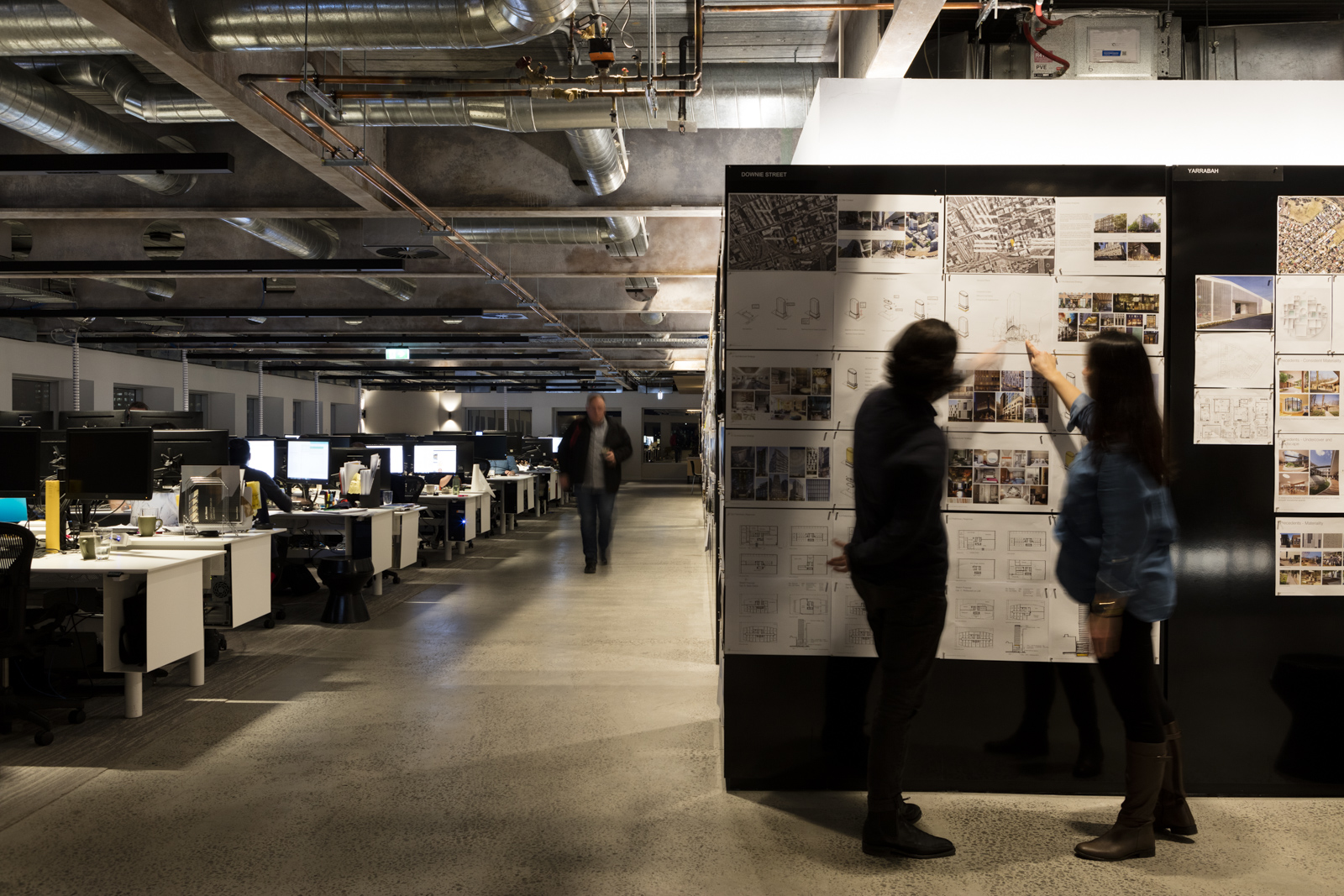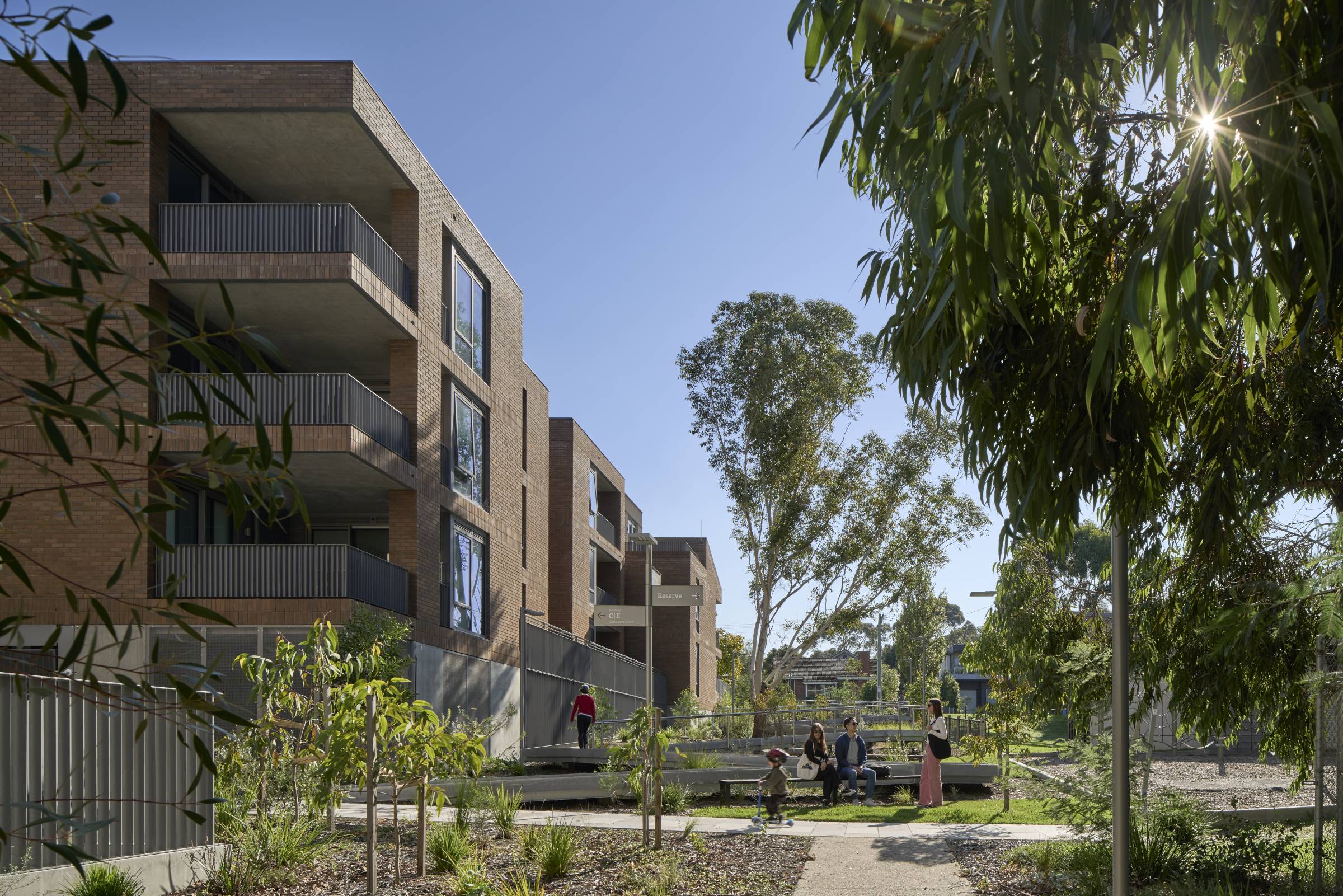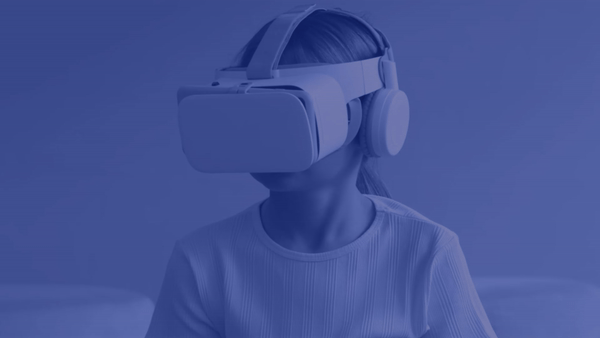Our culture can survive a global pandemic
We have been encouraged to see our people being resilient, trusting and empathetic, while also celebrating and supporting the individuals within our business. As an organisation that is spread across the country, our staff reported feeling more connected to the national business.
Our people can be productive working remotely
We have adapted to working remotely and even found that it offers some benefits at certain stages of the projects and activities we undertake. We are finding collaboration with our clients and partners is more efficient and we achieve greater engagement with stakeholder groups through digital platforms as they allow for a more egalitarian contribution and wider reach.
Sometimes you need a little push
The pandemic has accelerated trends that were already happening, but it’s a one-way train and going backwards is not an option. The past decade has seen a continued move towards more agile and flexible working arrangements, but not all organisations embraced it.
We do not believe the office is ‘dead’, but do think many of the changes we have seen unfold around the world this year will continue to shape the trends that give way to new ways of working and shaping what our workplaces mean to us. To get a clearer picture, we ran an engagement process with our people, asking them to share their personal experiences of work during 2020 and express their hopes for the future. Through this process we discovered some interesting findings:
The office is in competition with home
People need external motivations to come into an office – to access additional amenities that support particular tasks, or for the support and social connection they provide. However, our reasons to stay home are personal and varied, often related to family, health and lifestyle.
Technology and digital collaboration tools are king
We have almost completed our shift from fixed PCs to laptops for everyone in our business. Along with our embrace of more digital communication and collaboration tools, this has helped us to stay connected to our clients and each other, enjoy continued flexibility and mobility, and – critically – helped us to reduce our use of, and reliance upon, paper.
The future is rubbery
Flexibility is here to stay. There is no doubt about it. The benefits have been proven and people want it, so whatever the ‘new normal’ looks like – in 2021 and beyond – flexibility will be a key feature. At Architectus, we have always supported flexibility, but it wasn’t possible for everybody. So, for our company’s future, we are embracing hybridity, where we aim to work seamlessly between our physical and virtual studios and where each staff member can achieve a work/life balance through increased flexibility.
Connection
Human beings are social creatures by nature. Even if we are physically distanced, we need to be socially connected. Our physical workplaces can reinforce and support this, but our virtual workplaces also need to foster a sense of connection to a larger group. We achieve this through regular catchups in both large and small groups and encouraging people to use online chat and reach out and tap on someone’s virtual door, so to speak.
Team really should be spelt with an i (Tiems?)
Individuals are important and should be acknowledged and supported both in how we work together and in the spaces we design. This is not a new lesson, but one that has certainly become more pertinent in 2020. We need to acknowledge individual differences and circumstances and have empathy for our fellow humans, no matter where they are in the world.
So, what are we doing?
We are trialling new operational protocols in our studios to allow our staff flexibility but encourage teams to connect within our physical studio space.
In 2021, we will pilot new work settings within our studios to better support how our people work. This will include facilitating focussed work when people are in the physical studio, allowing improved digital connections between our virtual and physical studios, and encouraging the tactile activities of design.
Stay tuned for further updates as we shape a new future for our workplace.



